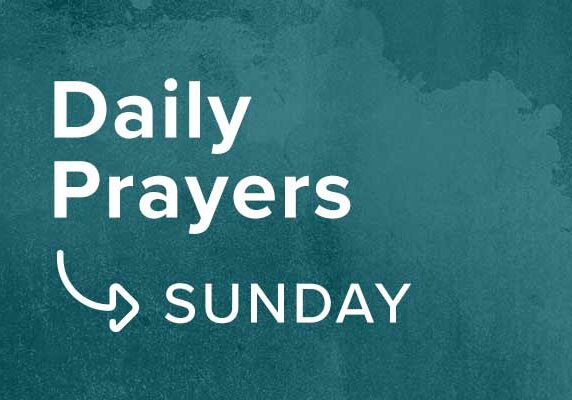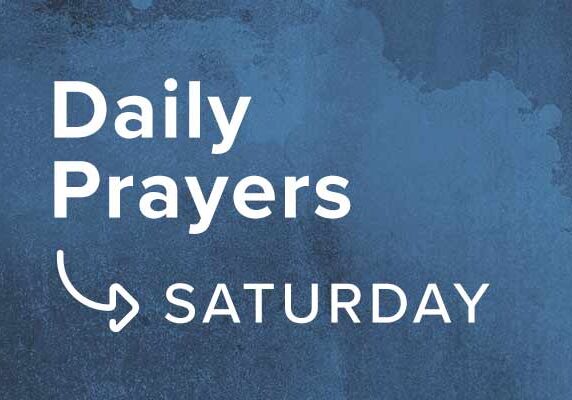Introduction
We are so glad you are joining us for these daily prayer posts. Over the next four weeks we are going to listen to the prayers of the Bible, and the saints of God. Their prayers are going to teach us how to pray.
Each devotion will take five to seven minutes of your time.
- We will look at an insight from those who know something important about prayer.
- We will listen to the prayers of people in the Bible—people just like us. And to people who gained a deep measure of spiritual intimacy with God because they prayed.
- We will reflect, asking the same four questions each day that invites us to look and listen with intent.
- And we will pray, for it is in praying that we learn to pray. And it is in praying that the Spirit changes our hearts.
May we encourage you to grab a notebook, a journal, something to write on as you do each prayer guide. Yes, it will add a few minutes to the time it takes to do the devotion, and it will also deepen your experience and shape your walk with God for years to come.
Look
Prayer gives a man the opportunity of getting to know a gentleman he hardly ever meets. I do not mean his maker, but himself.
William Inge
Listen
“It was the best of times; it was the worst of times…” Long before Charles Dickens penned those famous opening words to A Tale of Two Cities, Jesus told a tale of two prayers. Listen closely to Jesus’ parable. It contains much for us to learn about ourselves, the nature of prayer, and our posture as we come before God.
Luke 18:9-14
9 He also told this parable to some who trusted in themselves that they were righteous, and treated others with contempt: 10 “Two men went up into the temple to pray, one a Pharisee and the other a tax collector. 11 The Pharisee, standing by himself, prayed thus: ‘God, I thank you that I am not like other men, extortioners, unjust, adulterers, or even like this tax collector. 12 I fast twice a week; I give tithes of all that I get.’ 13 But the tax collector, standing far off, would not even lift up his eyes to heaven, but beat his breast, saying, ‘God, be merciful to me, a sinner!’ 14 I tell you, this man went down to his house justified, rather than the other. For everyone who exalts himself will be humbled, but the one who humbles himself will be exalted.”
Reflect
- Having read the Word, sit silently for a minute and give God’s Word a moment to settle within you.
- Re-read the verses slowly and write down some thoughts that resonate with you.
- Ask the Spirit to help you see the deeper longings, desires or motives in your heart that those thoughts are pointing to. (for example: you may write down, “The Pharisee thought God paid more attention to his external behavior and appearances than what was inside his heart.” The Spirit can help you see the ways you sometimes make the same assumption as the Pharisee, and can reveal to you what’s in your own heart.)
- Which of the two prayers most consistently reflects the hidden inner attitudes of your heart toward God and others?
Pray
In our prayer lives, there are times we should focus on praise; times we should focus on gratitude; times we should ask God for specific needs; and times we should confess our sin. Sometimes we do all of these in a single prayer. With Jesus’ parable in mind, today is a good day to focus on confession. Take the posture of the tax collector (it may help to literally kneel or lay prostrate) and make his prayer your own today: “God, be merciful to me, a sinner!” Confess your sin to the Lord (the ways you have missed the mark, both in your outward behavior and inner thoughts and attitudes). Ask for God’s mercy based on the finished work of Jesus; and be confident you have received it (1 John 1:9).




